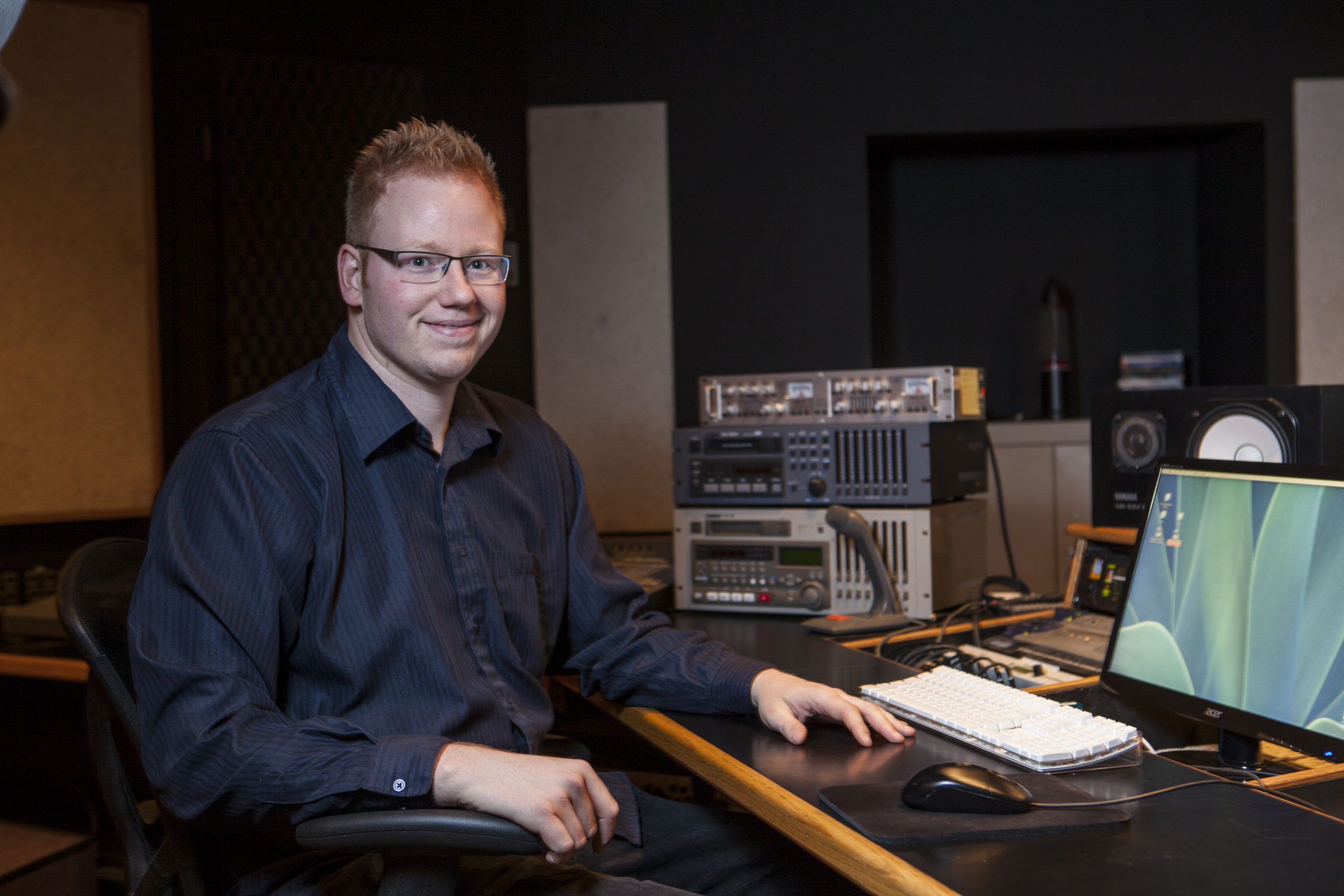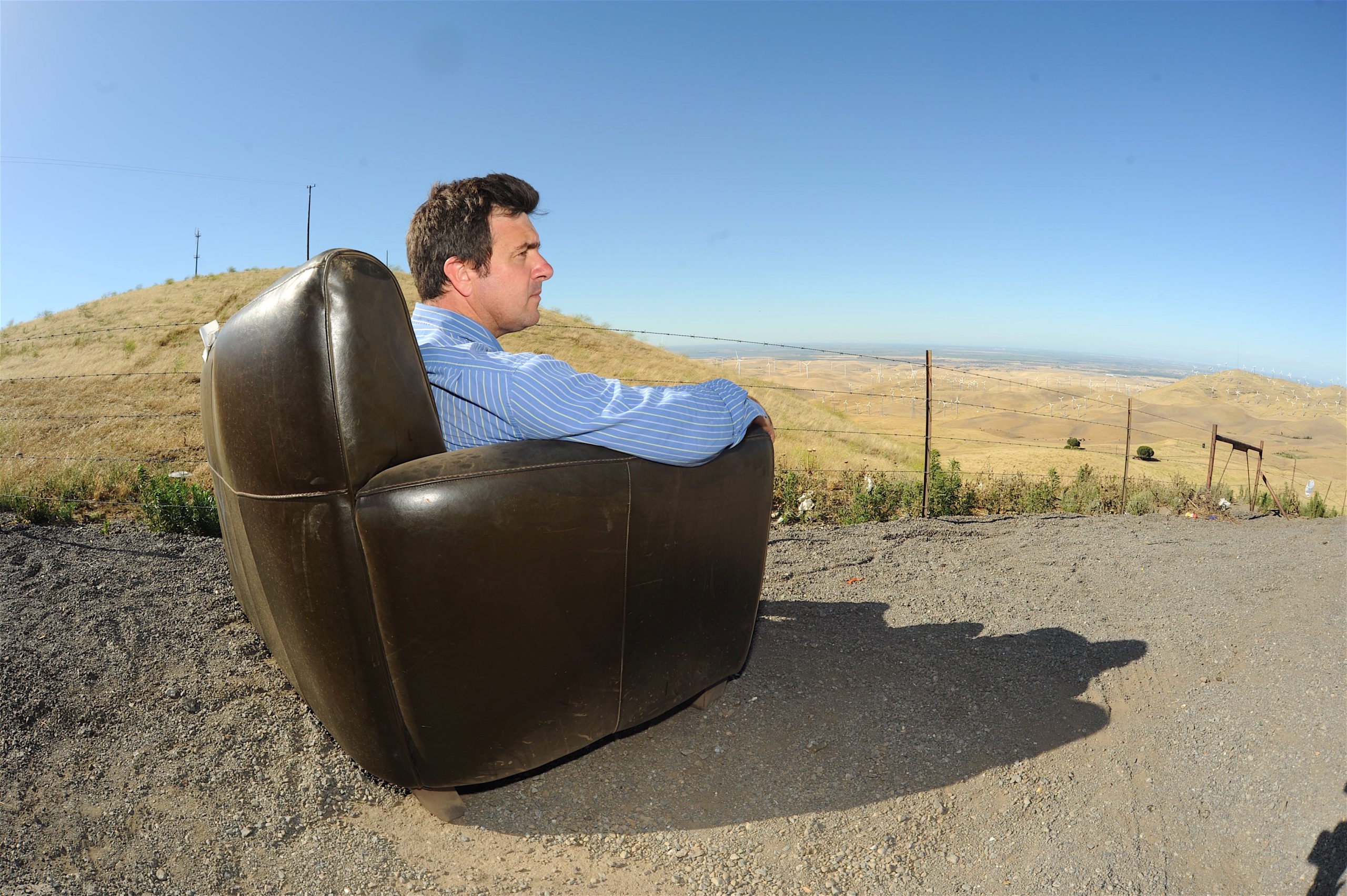
Todd Bryanton
Nik Freitas
Supe Troop’s Rachel Hughes spoke with composers Todd Bryanton and Nik Freitas about their work on film scoring, songwriting, and the recently released film Endless.
Supe Troop (ST): How did you get into film scoring?
Todd Bryanton (TB): My father Rob Bryanton owned and operated an audio post facility, and I began doing a variety of audio and musical jobs there before starting my own company.
Nik Freitas (NF): Well, I’d released a few solo records and toured around America promoting my music in the early to mid 2000s, but it really wasn’t going anywhere. It was actually pretty depressing. I love writing and recording music and I play all the instruments on my albums – I think scoring was a natural progression. It kept me in love with music. Plus, making music to picture is really inspiring. When you are just writing songs, it’s personal. You are pulling from within yourself and your experiences in life. Often times, you run out of ideas. When I get a scene from a TV show or film and even commercial spots, the emotion from the images inspires what you are writing and it comes out pretty fast and natural.
ST: What is an example of where you think another composer nailed a project or a particular scene?
TB: I love Colin Stetson’s score for Hereditary, and I find myself listening a lot to the cue “Reborn” that appears towards the end of the film. I love how it walks the line between sounding uplifting and sinister. From a young age I’ve been a huge fan of Pop Will Eat Itself and Nine Inch Nails, and I’ve always been inspired by people like Clint Mansell and Trent Reznor because they’ve shown so many fascinating ways to blend synths and live instruments with interesting sonic textures.
NF: I think Dave Porter’s work on Breaking Bad and Better Call Saul is so good. My favorite all time movie score is Phillip Glass’s music for The Thin Blue Line directed by Errol Morris. I know scores are supposed to stay out of the way and just help move scenes along – I feel like a lot of scores are sounding the same these days! I like when the music is more involved. I like it to all be one long song or, rather, a bunch of little songs based around the same theme, which is how I approach most of the work I do. I like people who take risks. Michael Andrews is another good one. He keeps it fresh, takes risks, and uses real humans playing real instruments, which, believe it or not, really does add something to a score.
ST: Nik, you wrote an original song for this movie, as well. Was that process similar to scoring the film or different?
NF: It was definitely the same process. Cues are miniature songs, so writing the original song for the film was just an extension of that. I wrote the chords and music for the song by watching the scene over and over and over!
ST: Todd, what do you like about film scoring versus the songwriting you do for Dr. Monster, asdfmovie, and your other projects?
TB: Whether I’m trying to create short catchy songs on YouTube or scoring a movie, the thing I enjoy most is getting to work and collaborate with other people to explore a shared vision together. The main difference is that composing for a feature or a TV series is more of a marathon than a sprint, so in that sense it can be satisfying seeing different themes and motifs evolve over time.
ST: Is there one cue that you particularly enjoyed creating?
TB: I did a cue for the thriller Distorted where the scene needed to capture an undercurrent of dread and called for a more experimental approach. I sang every note in my range from lowest to highest and put them through a variety of delays and reverbs and granular synthesis; I wanted to create a soundscape where no individual note would repeat twice, and I was really happy with how the end result featured atonal clusters with shimmering melodies that briefly emerged.
For Endless, I really enjoyed creating the cue “Live for Me,” because it gave me a chance to explore a variety of colours and try to explore themes like love and loss and mortality through music.
NF: I started with the first dock scene because I felt like that was the core of the film. That’s where the main characters felt the closest emotionally, so I felt like the tone and almost the theme music needed to be there. And then I could revisit it, just in a different way and tone for each time they revisited the dock.
ST: What is your typical scoring process? How is it different with a collaborative effort like Endless?
TB: If I’m scoring to picture, I try to identify the pulse and figure out what type of rhythm will subdivide the emotional beats of a scene. I tend to approach scoring with the mindset of a drummer, even if the actual cue isn’t percussive.
I loved working with Nik Freitas on Endless because he’s an incredibly talented composer. I also enjoyed that it was a true collaboration from start to finish, working together from the spot session onward. Even though for the most part we scored our own separate scenes, we were both aware of what the other person was creating and could make sure we were using a similar musical language. I think it helped us a lot that Supe Troop did an excellent job on the music coordination and the music supervision, because we always had a clear view of the overall soundtrack, in terms of our own score as well as licensed song placements. (Thanks, Todd!)
NF: Again, I think cues are little miniature songs that take you through the scene. My approach to emotion and movements is with chord progression and a top melody. It has to be real subtle though, which is tricky.
I liked collaborating with Todd; it was refreshing and made me look at what I was working on differently once I heard what he had done with a scene right before one I was working on or right after it. He has a great approach for the tense and dramatic moments, which I think blended well with what I was doing for what were basically love scenes.
ST: What would be your dream project to score?
TB: I hope this doesn’t sound like a cop-out, but, rather than having a single dream project, I really enjoy being able to do a wide variety of projects. I feel lucky to have gotten the chance to score drama, horror, romantic comedies, family films, period pieces, animated and live action, short-form, long-form…each project has its own set of challenges and rewards and a chance to explore a different musical vocabulary.
NF: I would love to do a TV show – something experimental mixing acoustic guitar and old analog synthesizers – which would set the tone – and then mess with themes for different characters. I like working fast, capturing initial emotional reactions – I don’t like tinkering or overthinking scenes.
TV shows have hard deadlines and I like that pressure, to finish work fast to move on to a new scene or episode. Then the end result could feel more natural and fun.
ST: What projects do you have coming up that you are excited about?
TB: I’m really excited to have scored the fifth season of Beyblade Burst. It was an amazing opportunity to work with a world-class international production team. I enjoyed being able to score for adventure, drama, and comedy, but I especially loved getting the chance to do some really frenetic battle cues.
I’m also really excited for the movie Cagefighter, which was just released October 9th in the US. It was a fun opportunity to draw musical inspiration from some classic sports/action films and try to create something anthemic.
NF: I’ve been doing a lot of theme songs for cartoons lately – I haven’t landed any yet (fingers crossed), but that’s been the gig. I get asked to do a lot of original music for supervisors and a couple small boutique libraries, and I also work as an assistant to a composer for a show on Netflix, but, with the pandemic, production has shut down on so many shows. Hoping things can start back up again on that.
ST: What is your favorite kind of soup?
TB: My kids make fun of me because I put too much hot sauce in my soup and don’t realize how spicy it is until I hit the last few spoonfuls. I like Italian Wedding with extra hot sauce.
NF: Sorry, when it comes to food, I am suuuuper boring – I keep it pretty simple, and I gotta go with chicken noodle.
Two great classic soups! Thanks, Nik and Todd!
Click on the tags below for more, and check out Endless streaming now wherever you get your movies on demand.